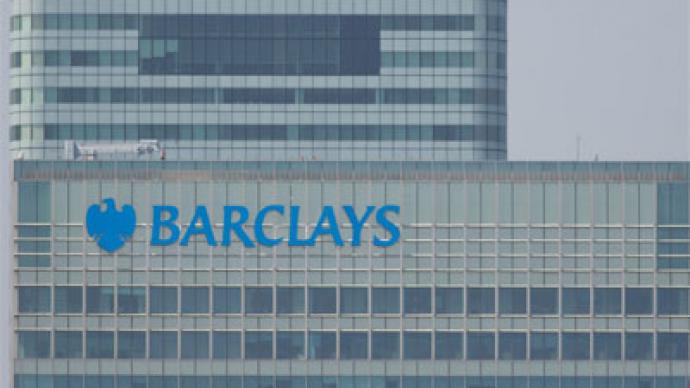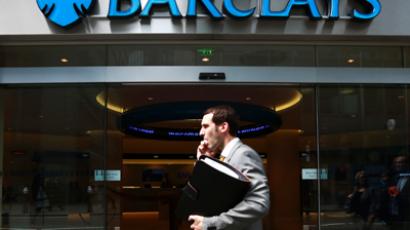Banks to push for account fees in the wave of Libor scandal

Several major financial institutions under inquiry in the Libor case are going to push for introducing account fees for their customers. They blame 'free' accounts as one of the reasons behind interest rate rigging.
The major banks including Britain’s Barclays and Spain’s Santander are expected to argue in favor of introducing account fees at a meeting of the UK Parliamentary Commission on Banking Standards, the Daily Mail reports. Banks must submit evidence on the Libor case to the Commission by the end of this week. The panel was set up after Barclays admitted it was involved in Libor fixing and paid a more than $450 million fine to settle the probe.Bankers as well as some British officials say free banking services hinders real competition in the market. Treasury Select Committee chairman Andrew Tyrie, who is heading the Commission, has recently described free banking as a ‘myth’. Meanwhile Barclays’ new chairman, Sir David Walker told The Sunday Telegraph the rate fixing scandals were a ‘consequence of not charging for bank accounts’, and said he supports charging customers fees.Last month the chairman of the Financial Services Authority, Sir Adair Turner, also criticized free accounts ‘One important barrier to competitive entry into the UK personal banking sector is obvious – the fact that the core product is usually given away for free, sold at below cost of production,’ he said.However, critics of the initiative warn that customers would be the first to suffer from compulsory fees along with indirect costs and poor service.














